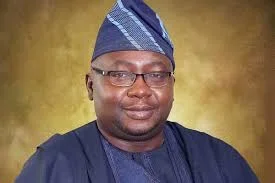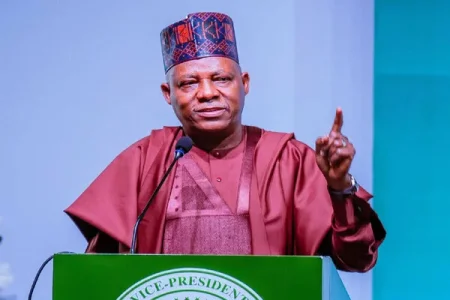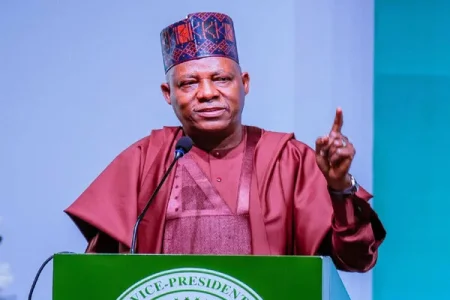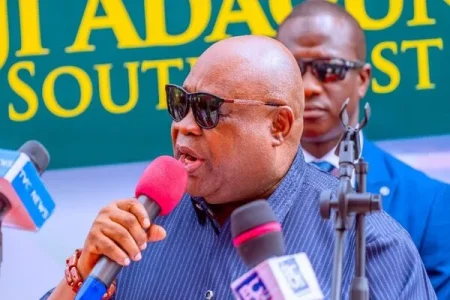
Before the Senate Committee on Power, Minister of Power, Adebayo Adelabu, delivered a stark ultimatum: unless the proposed electricity tariff hike is implemented, Nigeria will plunge into darkness within the next three months. Adelabu's dire warning sent shockwaves across the nation, amplifying the urgency of addressing the country's chronic energy crisis.
The minister's alarming proclamation came during an investigative hearing in Abuja, prompted by the Nigerian Electricity Regulatory Commission's (NERC) recent move to increase electricity tariffs. However, the Senate committee, led by Senator Enyinnaya Abaribe, rebuffed the proposed tariff hike, sparking a contentious debate over the best course of action.
Adelabu minced no words in articulating the gravity of the situation, asserting, "The entire sector will be grounded if we don’t increase the tariff. With what we have now in the next three months, the entire country will be in darkness if we don’t increase tariffs." His remarks underscored the critical juncture at which Nigeria finds itself, with the looming threat of a nationwide blackout looming ominously on the horizon.
The minister emphasized the need for substantial investment to revitalize Nigeria's ailing power sector, citing an annual requirement of $10 billion over the next decade. Struggling under the weight of limited resources, Adelabu implored lawmakers to rally behind efforts to sustain the sector and alleviate the staggering burden of outstanding subsidies.
However, the Senate Committee on Power expressed grave concerns over the potential ramifications of the tariff hike on ordinary Nigerians, advocating for alternative solutions to ensure the sector's viability while mitigating the impact on consumers. Senators Simon Lalong and Adamu Aliero lamented the lack of prior consultation and urged for measures to cushion the blow of the proposed tariff increase.
Chairman Abaribe echoed these sentiments, emphasizing the need for tangible solutions to address liquidity challenges in the sector without exacerbating the hardships faced by Nigerian citizens. He also raised pointed questions about the accountability of companies entrusted with critical responsibilities, highlighting the failure of "ZIGLAKS" to fulfill its obligations despite receiving substantial funds over two decades.
The investigative hearing drew contributions from a diverse array of stakeholders, including the Nigerian Electricity Regulatory Commission (NERC), the Manufacturers Association of Nigeria (MAN), the Association of Power Generation Companies (Gencos), and Electricity Distribution Companies (DisCos). Their insights and perspectives underscored the multifaceted nature of the challenges confronting Nigeria's energy landscape, as policymakers grapple with the imperative of balancing economic imperatives with the welfare of the populace.




